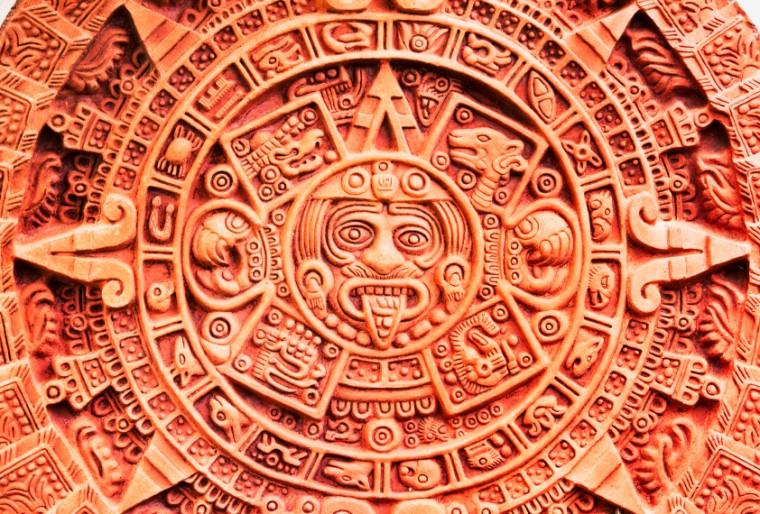Apocalypse cannot be predicted
June 1, 2010
The year 2012 marks the end of the Mayan calendar, and with it comes a massive global change or possibly even the end of existence as we know it. Or so we are told.
The Mayan calendar does in fact finish its 13th and final cycle – called a “b’ak’tun” – of 144,000 days in December 2012.
But whether or not archeologists have found any real Mayan prophecies of the apocalypse, or what the apocalypse actually is, still remains pretty vague. It’s even still unclear if that day falls on Dec. 21 or 23.
The thing about apocalypse predictions is, they make money. If any of you paid to see the recent John Cusack movie “2012” or bought any books or magazines with those four digits on the cover, you can consider yourself illustrations of my point.
Though the film was chock-full of dazzling special effects and shocking interpretations of several-thousand-year-old Native American calendars, it was less than classic, and in my opinion, nothing close to prophetic.
The truth is, even if our world truly is heading toward eventual and total destruction, we simply don’t know when it will be. Mind you, this hasn’t stopped the occasional misguided theorists from appearing through our previous history and confidently pinpointing a dead-wrong year, date or time for Armageddon.
In the late 19th century, thousands of Millerite Baptists expected the end to arrive sometime between March 1883 and March 1884; some sold all their belongings in anticipation. Obviously, nothing happened, and this movement became known as the Great Disappointment.
In 1988, Edgar Whisenant, a NASA engineer and Bible student, published a booklet called “88 Reasons Why the Rapture Will be in 1988.” When ’88 rolled around and nothing happened, he simply altered his calculations and wrote a series of equally incorrect books like, “The Final Shout: Rapture Report 1989.”
“The most interesting thing about these memes is not whether the end of the world is really coming,” said Matt McCormick, associate professor of philosophy at Sacramento State. “But what it tells us about humans when so many of them perennially fall for the delusion.”
But just because the sun rose today doesn’t mean the world won’t end tomorrow; that would be illogical.
“The poor track record of those who predict a precise date for the end of the world should give us pause,” said Russell DiSilvestro, assistant professor of philosophy. “Still, this poor track record is no guarantee that the present prediction is wrong.”
Arthur Williamson has been a professor of history at Sac State since 1988 and is the author of “Apocalypse Then: Prophecy and the Making of the Modern World.”
Williamson said that what makes people focus on the end of life rather than the life itself suggests a deep dissatisfaction with what they have here and now.
“It’s a feeling that we’re somehow hitting a wall – the feeling of not being able to make the world work,” Williamson said.
At that point, “the idea of some supernatural terminus makes a lot of sense.” The feeling that the world is not something that we can create or make better, nor are our lives, on any more than a superficial level.
Maybe that is what’s really going to kill us: hopelessness. Many people feel like the world around them – government, crime, egotism, technology, climate change, economic downfall, etc. – is spiraling out of control and there’s nothing they can do about it.
We can’t fix the world, so it ends. We try to save it, but there’s nothing we can do. The cycle continues, and there’s nothing we can do about that either. All we are is dust in the wind.
But if there was one thing that we could do, it wouldn’t be on that last day; heck, we wouldn’t have time. It would be right here and right now within life’s frantic scramble. It is realizing that there is an end to this day, this life, this world; making peace with the fact; and making the most of this crazy old impermanent world.
So I say, go in peace, and do good things.
Paul Roundtree can be reached at [email protected]





























































































































